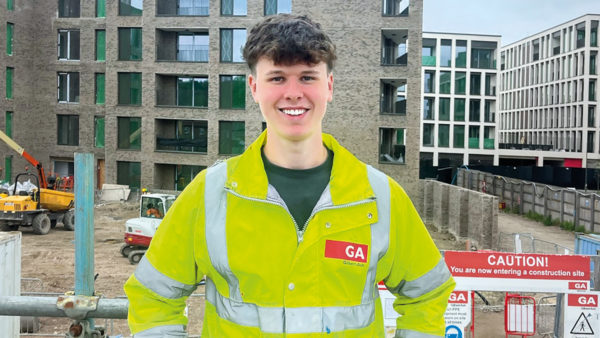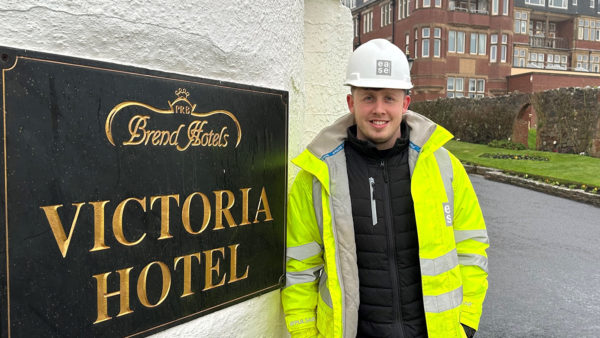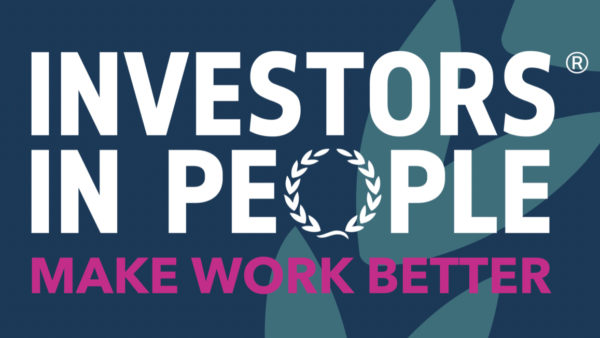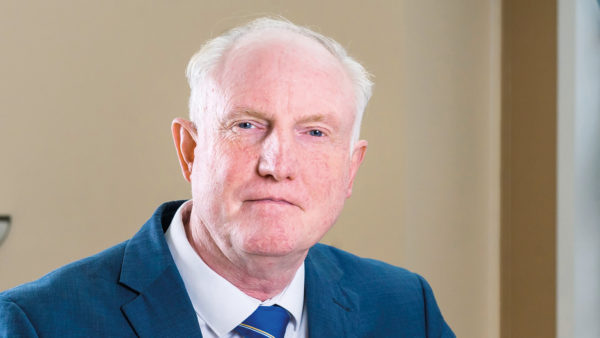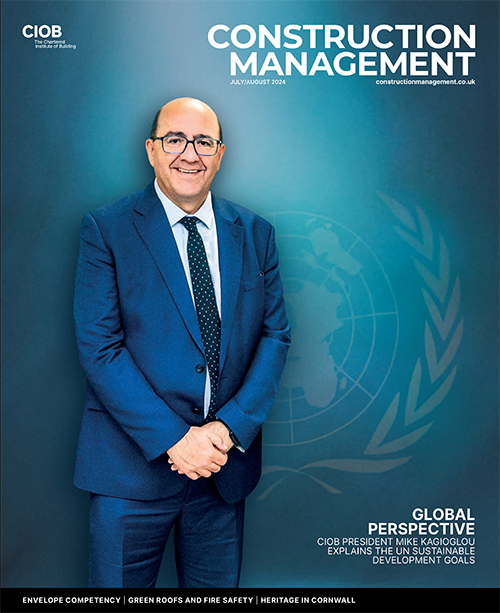Peter Jackson, managing director of Seddon wants to reduce the fairness gap between site and office workers.
What made you join the construction industry?
I fell into construction, to be honest. My parents encouraged me to get the best education I could. So while some of my friends joined the industry via the YTS scheme in the mid-1980s, I went to Reading University. I read Chemistry with sponsorship from BOC as part of its management programme. However, I quickly realised university wasn’t for me. I became lost in terms of what I wanted to do, leaving in Christmas 1988.
I was then offered a job with Fairclough Building in Swinton, Manchester, as a quantity surveyor on the basis I was good with maths, and they thought I was a “nice lad”. They would let me do my degree part-time at Salford University and I would earn a wage. So I thought: why not?
What do you remember from your first project?
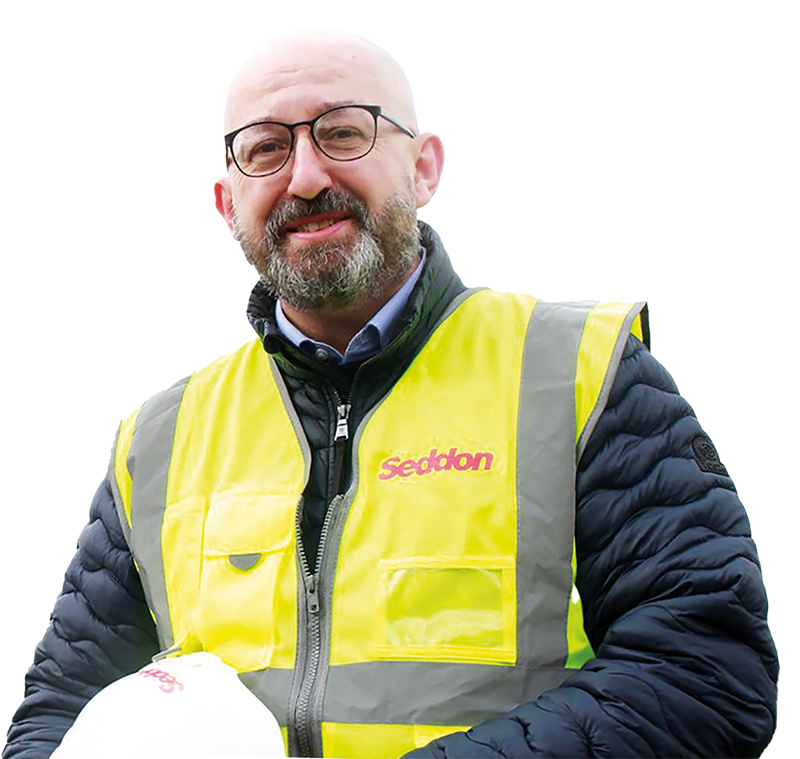
“I am a big fan of listening to podcasts, TED talks and reading, but you get the most learning from spending time with intelligent people.”
As a trainee on the factory extension for Kellogg’s in Trafford Park, I remember the smell from the factory and the sticky coating of what must have been sugar on my car. The culture was intimidating at first. There was an expectation to get things done and to a high standard. But once I established myself I felt like a real part of the team – enjoying the tremendous sense of humour and comradery.
What was the best advice you were given?
Think for yourself and take the initiative. If something needs doing, get it done. If you’ve got something to say, then say it!
What one thing would you change to make careers in construction more appealing?
Since the late 1980s, the industry has developed massively, both culturally and in the diversity of available roles, which reflects that changing culture. There has been a huge focus on areas like BIM, design, green and planning. These roles encourage new ways of working, by introducing new technologies and flexible working – ultimately creating a more inclusive environment.
I think the pandemic widened the gap between trade and office-based staff in terms of perceived fairness. It’s difficult to make a trade role flexible when it’s site based and the individual is physically needed on site.
However, I’m currently discussing with the board the idea of four-day working weeks for onsite workers. Those undertaking manual work should benefit from having more leisure, resulting in increased motivation and productivity. So it makes perfect sense to trial it.
What’s the most valuable training you’ve received and why?
I went to Henley Management College in 2003, just as I had been promoted into a general management role, and the timing was perfect. The combination of the course and those I studied alongside made me look at things differently, considering the big picture and strategy.
I also encourage people to invest in their own self-development and take charge of their careers. The only investment you need is your time. I am a big fan of listening to podcasts, TED talks (Technology, Entertainment and Design) and reading. But you get the most learning from spending time with intelligent people, so finding that network is vital.


